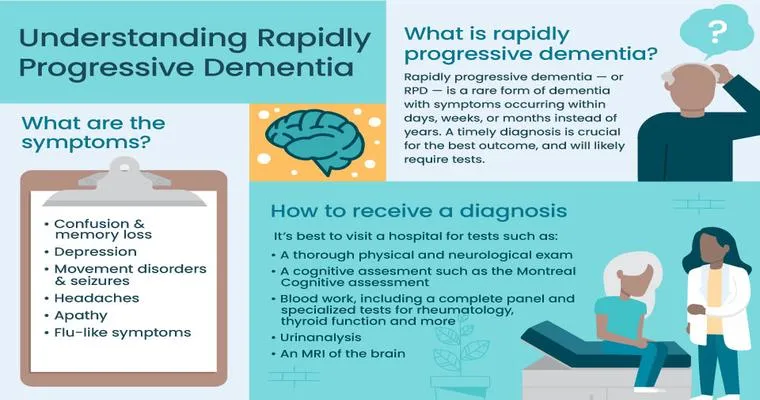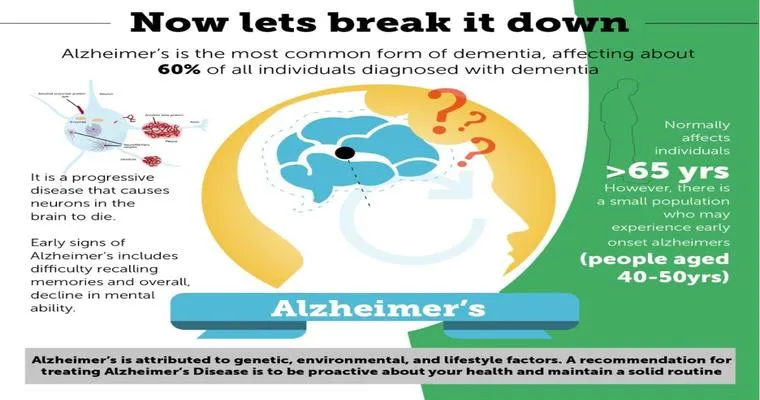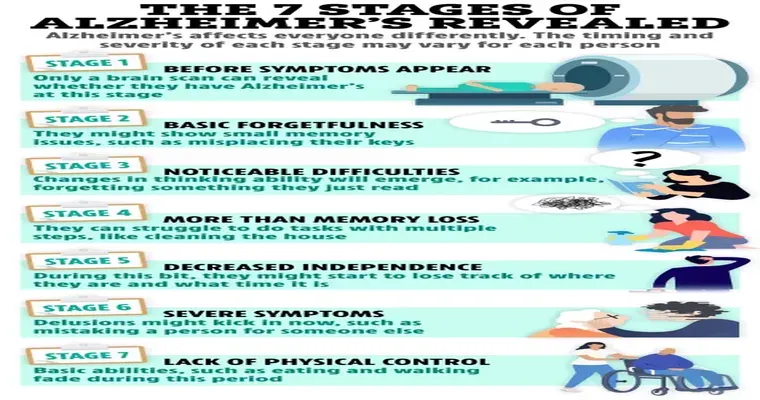In the world of "hospice care", many people encounter unexpected outcomes. The phrase "one day hospice... the next week he is better!" captures the surprising twists that can occur during the final stages of life. Hospice is often seen as a last resort, a compassionate choice for those facing terminal illnesses. However, stories abound of individuals who experience remarkable recoveries against the odds, leaving families and caregivers in awe.
Hospice care focuses on providing comfort and support, aiming to improve the quality of life for patients and their families. It emphasizes "pain management", emotional support, and a holistic approach to end-of-life care. Typically, patients enter hospice when their prognosis is limited to a short time frame, often just months. Yet, every so often, a patient defies expectations and shows signs of improvement.
This phenomenon can be attributed to several factors. First and foremost, the "psychological aspect" of hospice care plays a significant role. Many patients feel a sense of relief when they transition to hospice. The shift from aggressive treatments to a focus on comfort can alleviate anxiety and stress, leading to a more tranquil state of mind. This newfound peace can sometimes result in unexpected physical improvements.
Moreover, the "supportive environment" provided by hospice teams can enhance a patient’s emotional well-being. Family members often gather around, sharing love and stories, which fosters a sense of belonging and connection. This emotional uplift can have tangible effects on a patient's health, encouraging them to engage more with their surroundings and possibly improve their condition.
Furthermore, there are cases where patients may have been misdiagnosed or where their condition was not as severe as initially believed. In such instances, the transition to hospice care allows for a comprehensive reassessment of the patient’s health. This reevaluation can lead to adjustments in treatment that promote healing rather than hinder it.
It is also essential to consider the "role of palliative care" within hospice services. Palliative care focuses on providing relief from the symptoms and stress of serious illnesses, regardless of the stage of the disease. By addressing both physical and emotional needs, palliative care can lead to improved health outcomes, even in patients who are considered terminally ill.
While the stories of patients improving after entering hospice may be rare, they serve as a reminder of the complexities of health and healing. The human body is resilient, and recovery can sometimes occur in unexpected ways. Families experiencing such situations often recount feelings of hope and disbelief, emphasizing the unpredictable nature of life.
In conclusion, the journey through hospice care can lead to astonishing outcomes that challenge our preconceived notions about terminal illness. The phrase "one day hospice... the next week he is better!" encapsulates the incredible potential for recovery and the importance of a compassionate support system. As we continue to explore the dynamics of health and healing, these stories inspire hope and highlight the need for a holistic approach to care.





